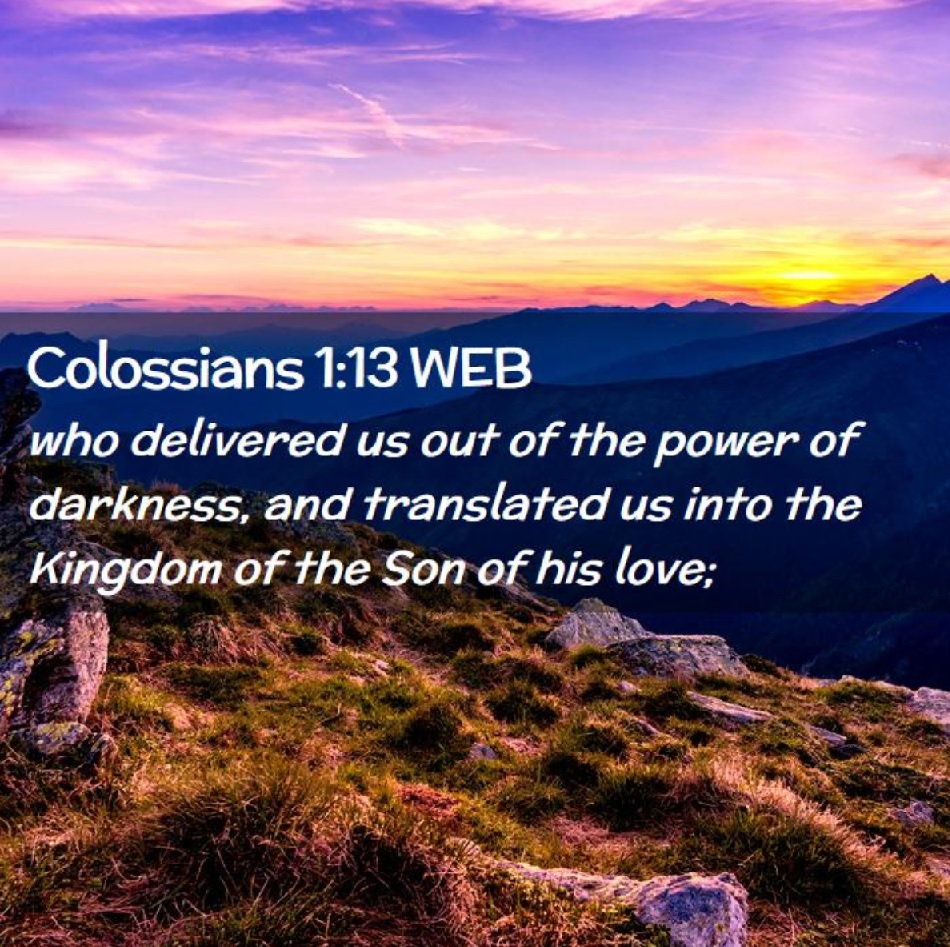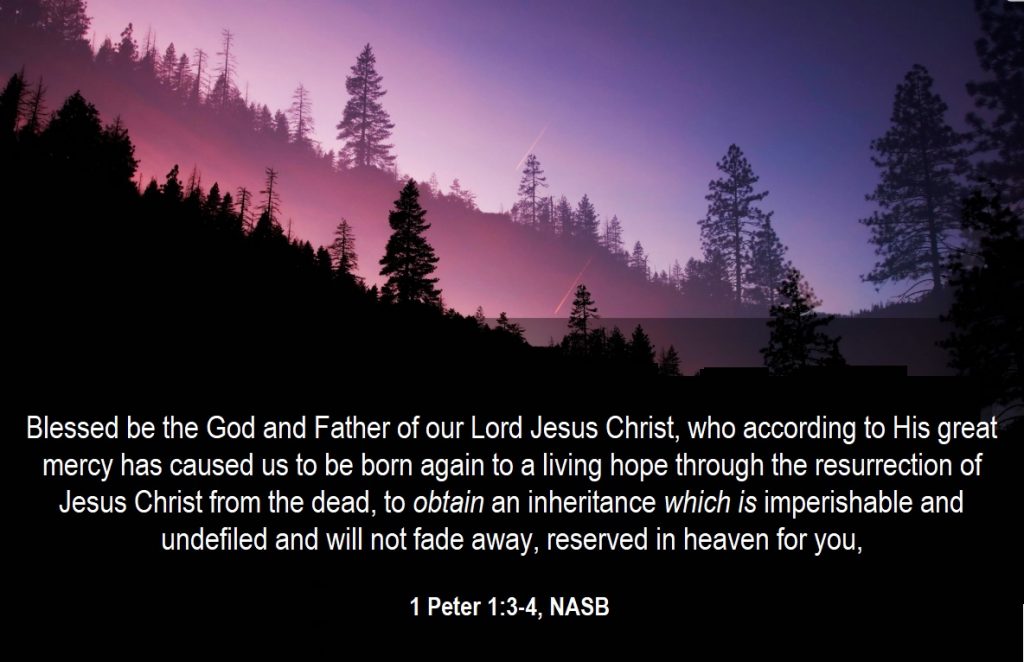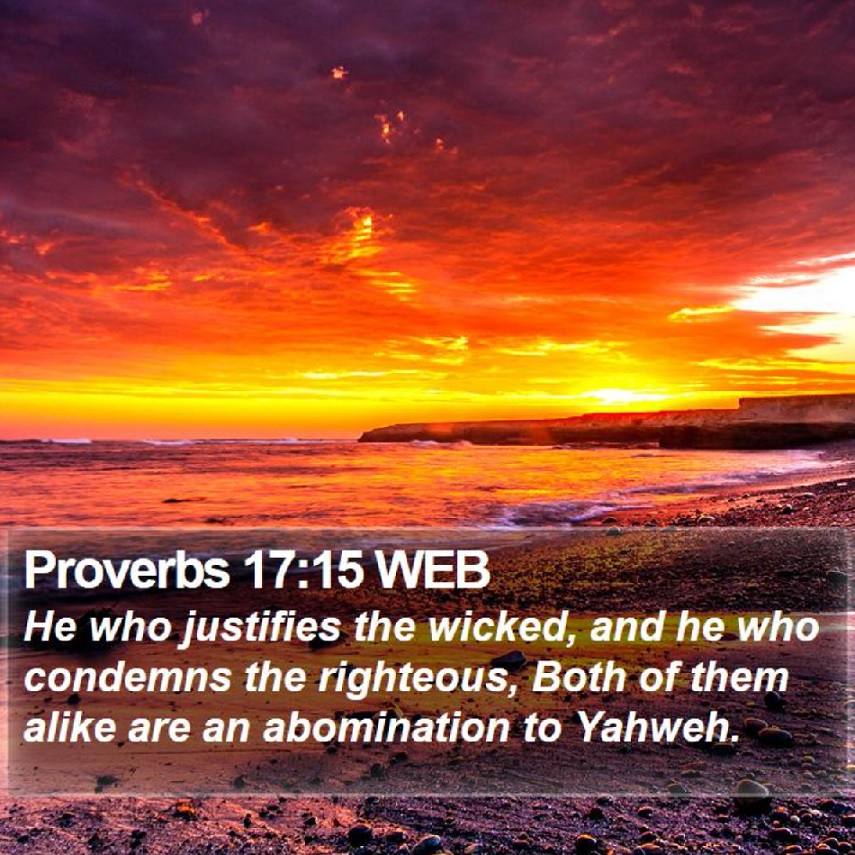“Go therefore and make disciples of all the nations…teaching them to observe all that I commanded you; and lo, I am with you always, even to the end of the age” (Matthew 28:19-20, NASB).
——————–
Contents:
1) Precious Kingdom, Precious King (Bryan Gibson)
2) The Christian’s Inheritance (Heath Rogers)
3) Sword Tips #27 (Joe R. Price)
4) John 8:31-32 (NASB)
——————–

-1-
Precious Kingdom, Precious King
Bryan Gibson
The kingdom of heaven is so valuable, so precious, that we should be willing to pay any price to be a citizen of it (Matthew 13:44-46; 11:7-11).
What is it that makes this kingdom so valuable? And why is it such a great thing to be in this kingdom? Clearly, it’s not the subjects of the King that make it so precious; it’s the King Himself. This kingdom is great, primarily because it has a great King. And here’s why Jesus is such a great King.
This King is King of all kings, Ruler of all rulers,Lord of all lords. “All authority” belongs to Jesus (Matthew 28:18), which puts Him “far above all principality and power and might and dominion…” (Ephesians 1:20-21). This kingdom “cannot be shaken” (Hebrews 12:28), “shall never be destroyed” (Daniel 2:44), because its King has the power to squash any threat to His kingdom (Revelation 11:15; 17:14; 19:15-16). You won’t ever find a more secure place than the kingdom of Christ.
Despite the absolute authority He possesses, this King is still a servant of His people. He served us by dying for us (Matthew 20:25-28), and He continues to serve us—as our High Priest, by interceding for us before God (Hebrews 4:14-16; 7:25); and as our Shepherd, by leading us, feeding us, and protecting us (Psalms 23; John 10:27; 1 Peter 2:25; 5:4; Revelation 7:17). No one cares for His subjects like Jesus does.
This King will never lead us astray, because He rules with righteousness and justice, mercy and truth (Psalms 89:14; Jeremiah 23:5; Hebrews 1:8). None of His policies or laws will ever fail us; we can do everything He says with full confidence that it’s right and beneficial to all.
This King shares His wealth with His subjects, unlike other kings, who often live in splendor while their subjects live in poverty. This King even became poor so that we could be rich (2 Corinthians 8:9). And just how rich did He make us? We have a vast storehouse of wisdom and knowledge (Colossians 2:2-3); we enjoy redemption and forgiveness of sins (Ephesians 1:8-9); we experience the kind of joy, peace, and contentment that cannot be found elsewhere (John 14:27; 16:20-22; Philippians 4:10-13); and we can look forward to living forever in the most wonderful place imaginable (John 14:2-3; 1 Thessalonians 4:17-18; 2 Peter 3:13; Revelation 21:4, 23, 27).
This King offers the same blessings and benefits to all, regardless of gender, nationality, social status, etc. (Galatians 3:28; Colossians 3:11). Of those who submit to Him, no one gets the crumbs or the leftovers; and no one is treated as a second class citizen, because this King “is rich to all who call upon Him” (Romans 10:13).
From the King Himself: “Assuredly, I say to you, among those born of women there has not risen one greater than John the Baptist; but he who is least in the kingdom of heaven is greater than he” (Matthew 11:11). And now (at least in part) we know why.
— Via Plain Words from God’s Word, August 12, 2023
——————–

-2-
The Christian’s Inheritance
Heath Rogers
Peter wrote his first epistle to Christians who were suffering for their faith. Such suffering is one of Satan’s efforts to get us to give up on the Lord, deny our faith, and lose our souls. The purpose of this epistle is to encourage faithfulness in the face of suffering.
The letter begins with a reminder of one of the greatest blessings found in Christ – we have been born again to a living hope through the resurrection of Jesus Christ from the dead (1 Pet. 1:3). This living hope is important to us. It is our anchor (Heb. 6:19). It has the power to sustain us in our sufferings.
Peter continues, “to an inheritance incorruptible and undefiled and that does not fade away, reserved in heaven for you” (v. 4). The object of our living hope is the great inheritance that awaits us if we are faithful. Let’s consider the three descriptive phrases used by Peter.
1. Incorruptible. Translated from the Greek word aphthartos which means imperishable, not liable to corruption or decay. The treasures we can inherit and lay up for ourselves in this world are subject to decay and corruption – “where moth and rust destroy” (Matt. 6:19-20). Physical items I have inherited from my grandparents show the wear of age. The great monuments of the world, which were built to endure the ages, show the wear and tear of the passing of time.
Heaven is a spiritual existence. It does not consist of atoms that slow down and break down with the passing of time. It can’t wear out or be destroyed.
2. Undefiled. From the Greek word amiantos meaning unsoiled or free from contamination. It is taken from a word meaning to dye or stain with another color. We live in a world that places a premium on things that are free from contamination – preferring pure water, air, and food. Our heavenly inheritance contains no pollution or contamination. “It is free of all that would render it undesirable or soiled” (Hamilton 15).
John described the purity of the heavenly city with the following words. “But there shall by no means enter it anything that defiles, or causes an abomination or a lie, but only those who are written in the Lamb’s Book of Life” (Rev. 21:27). Heaven doesn’t have a city dump. There isn’t anything there that needs to be taken out and burned or buried. It may be hard for us to imagine, but we can certainly see the appeal of an existence that is completely undefiled.
3. Does Not Fade Away. From the Greek word amarantos meaning unfading or perennial. Things of beauty can lose their attractiveness and appeal over time. A flower is beautiful when it first blooms, but the petals begin to wilt in a matter of days. The smooth skin of a newborn baby eventually becomes coarse and wrinkled with age. Colored photos lose their tint over time. The perfectly glossed finish of a new guitar will become nicked, worn, and dull with use. This is expected here on earth, but this will never happen to the things that make heaven beautiful.
It has been said that familiarity breeds contempt. I grew up in the Ozark Mountains of Northwest Arkansas. It is very beautiful there, but I never thought much of it when I was growing up because I saw it every day. I remember hearing visitors say things like, “You are so lucky to live in such a beautiful place.” Like a typical teenager, I would say to myself, “Whatever.” This will not happen with our heavenly inheritance. Not only is heaven eternal – it is also eternally new. Heaven will never lose its original beauty, brightness, or shine. The awe, wonder, and amazement that we experience when we first enter heaven will never go away! We will never get bored with heaven or take it for granted.
“Imperishable, undefiled, and unfading” (ESV). This is what is being reserved for us. Don’t lose faith. Heaven really will be worth it all.
— via Articles from the Knollwood church of Christ, August 2023
——————–

-3-
“And take…the sword of the Spirit, which is the word of God.” (Eph. 6:17)
Sword Tips #27
Joe R. Price
“Woe to those who call evil good, and good evil; who put darkness for light, and light for darkness; who put bitter for sweet, and sweet for bitter!” (Isaiah 5:20)
In this age of moral relativism we are bombarded with the same sort of foolishness and folly as Isaiah saw in his day.
There is evil in this world – and it must not be confused with what is good! It is a great deception to say there are no moral absolutes in our world.
Commit yourself to the truth (Jesus defined truth as God’s word, Jno. 17:17).
Sin is real, and it brings pain, sorrow and death. See it for what it is.
Furthermore, know the truth; it will make you free.
——————–
-4-
John 8:31-32
“So Jesus was saying to those Jews who had believed Him, ‘If you continue in My word, then you are truly disciples of Mine; and you will know the truth, and the truth will make you free.'”
— NASB
——————–
The Steps That Lead to Eternal Salvation
1) Hear the gospel — for that is how faith comes (Rom. 10:17; John 20:30-31).
2) Believe in the deity of Jesus Christ, the Son of God (John 8:24; John 3:18).
3) Repent of sins. For every accountable person has sinned (Romans 3:23; Romans 3:10), which causes one to be spiritually dead (Ephesians 2:1) and separated from God (Isaiah 59:1-2; Romans 6:23). Therefore, repentance of sin is necessary (Luke 13:5; Acts 17:30). For whether the sin seems great or small, there will still be the same penalty for either (Matt. 12:36-37; 2 Cor. 5:10) — and even for a lie (Rev. 21:8).
4) Confess faith in Christ (Rom. 10:9-10; Acts 8:36-38).
5) Be baptized in water for the remission of sins (Mark 16:16; Acts 2:38; 22:16; 1 Pet. 3:21). This is the final step that puts one into Christ (Gal. 3:26-27). For from that baptism, one is then raised as a new creature (2 Cor. 5:17), having all sins forgiven and beginning a new life as a Christian (Rom. 6:3-4). For the one being baptized does so “through faith in the working of God” (Col. 2:12). In other words, believing that God will keep His word and forgive after one submits to these necessary steps. And now as a Christian, we then need to…
6) Continue in the faith by living for the Lord; for, if not, salvation can be lost (Matt. 24:13; Heb. 10:36-39; Rev. 2:10; 2 Pet. 2:20-22).
——————–
Tebeau Street
CHURCH OF CHRIST
1402 Tebeau Street, Waycross, GA 31501
Sunday: 9 a.m. Bible Classes and 10 a.m. Worship Service. Congregational Song Service: 5 p.m. for every first Sunday of the month.
Wednesday: 7 p.m. Bible Classes
evangelist/editor: Tom Edwards (912) 281-9917
Tom@ThomasTEdwards.com
https://thomastedwards.com/go/all.htm (This is a link to the older version of the Gospel Observer website, but with bulletins going back to March 4, 1990.)